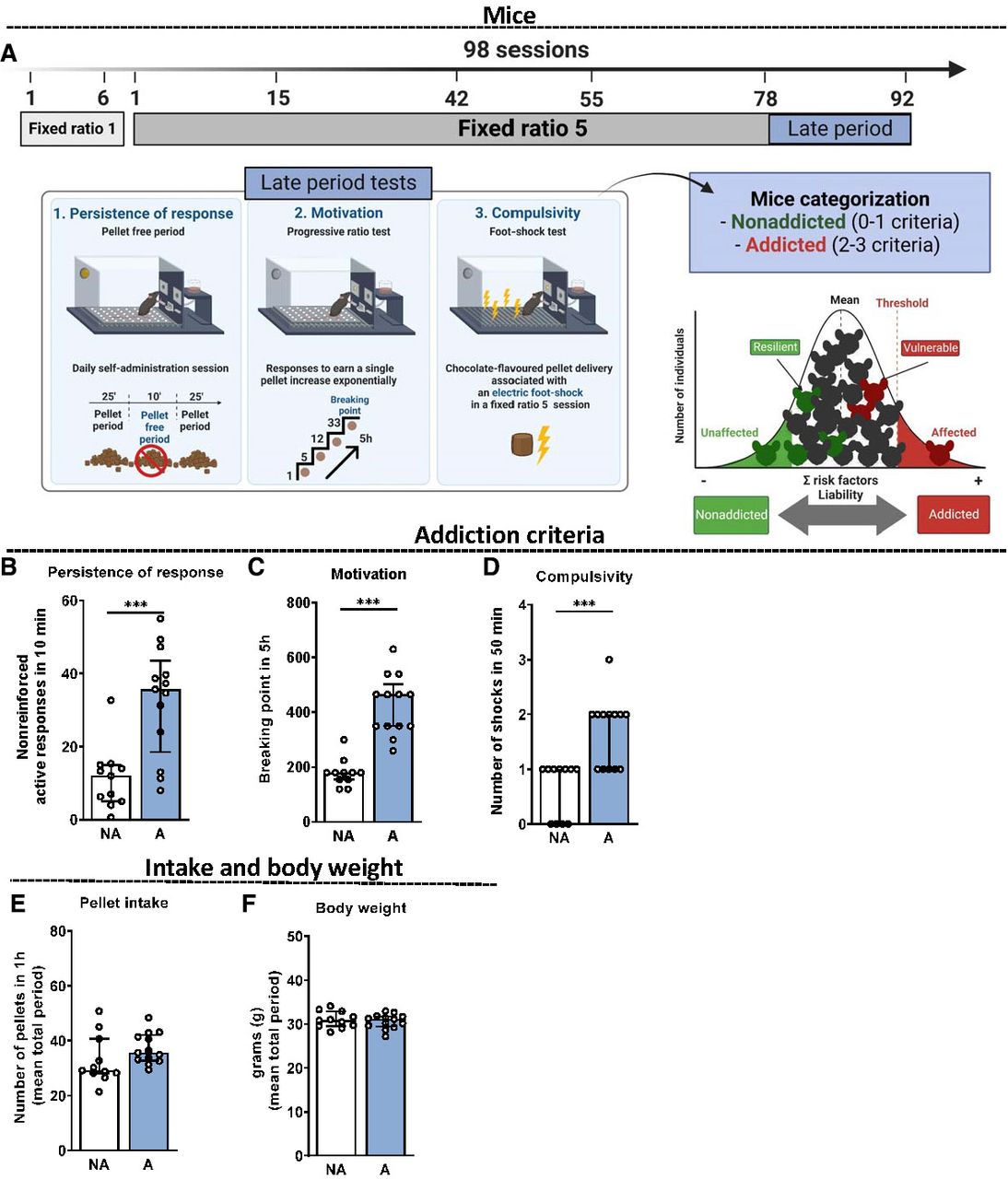The interplay between the gut microbiota and various behavioral conditions, including food addiction, is an area of scientific interest. Food addiction is a multifactorial behavioral disorder characterized by compulsive eating behaviors and a loss of control over food intake, closely resembling substance use disorders. Emerging research suggests that the composition of the gut microbiota may play a significant role in modulating behaviors associated with food addiction.
Key Findings:
- Gut Microbiota Signatures: Both human and animal studies revealed specific gut microbiota signatures associated with food addiction. These included a potential harmful presence of Proteobacteria and a potentially protective presence of Actinobacteria.
- Role of Blautia: The genus Blautia was notably decreased in individuals and mice with food addiction. Conversely, interventions that increased Blautia abundance, such as the administration of non-digestible carbohydrates (lactulose and rhamnose), were found to ameliorate signs of food addiction in mice.
- Behavioral and Microbiota Correlation: The study identified correlations between gut microbiota profiles and behavioral traits indicative of food addiction. For instance, certain microbial taxa were associated with increased or decreased vulnerability to compulsive eating behaviors.
- Functional Validation: Functional experiments confirmed the role of Blautia in modulating food addiction behaviors. Oral administration of Blautia wexlerae to mice not only altered gut microbiota composition favorably but also led to a significant reduction in addiction-like behaviors.
Methods:
- Population and Behavioral Assessment: Using the Yale Food Addiction Scale (YFAS) 2.0, researchers classified human subjects and mice into addicted and non-addicted groups based on their eating behaviors.
- Microbiota Analysis: Gut microbiota profiles were assessed using 16S rRNA gene sequencing from fecal samples of both mice and human subjects.
- Interventional Studies: Mice were administered non-digestible carbohydrates or Blautia wexlerae to evaluate the impact on gut microbiota composition and food addiction behaviors.
The study underscores the potential of gut microbiota modulation in managing food addiction. The findings suggest that specific microbial taxa like Blautia could serve both as biomarkers for food addiction vulnerability and as targets for therapeutic intervention. This research enhances our understanding of the gut-brain axis and opens new avenues for treating food addiction and potentially other related behavioral disorders.
Link to the Study : https://tinyurl.com/5hb2ateh
